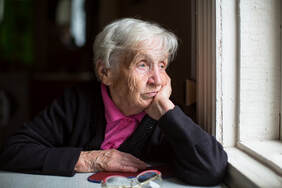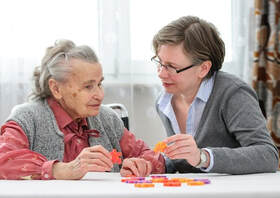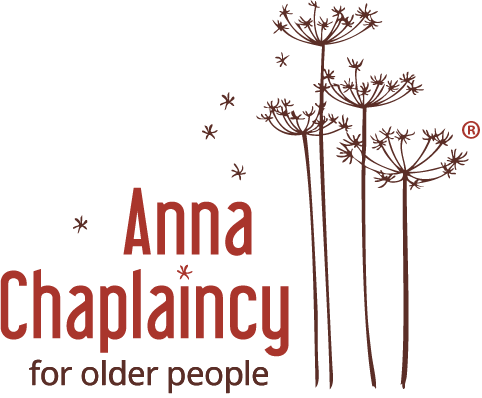
There are 11.9 million older people in the UK and over 5 million of those older people say the television or their pet is their main form of company, with 1.4 million older people always or often feeling lonely. And these figures were prior to the coronavirus pandemic, which has seen social distancing and many older people increasingly isolated due to shielding for medical reasons, or lockdown regulations.
So what can we do? What should we do? And how can we support older people who are lonely?
We can approach this as a community, acting in our church context; and we can also approach this as an individual.
In your church
Church is best when it is intergenerational, young and old learn and benefit from each other, and the Bible is clear that God has plans for old age. So in our churches it is important we think as a community, and ensure no one is forgotten. This is especially important when the online world can leave the digitally excluded even more isolated. In 2019 2.5 million people aged over 74 had never used the internet. Although more older people may have got used to zoom during the pandemic, a digitally centred world does not work for everyone.
In your neighbourhood
Despite the impact of Covid19, there have been reports of improved neighbourliness, with people taking an increased interest in their neighbours. Do you know the people on your street? Are there any older people? The challenge is that lonely or isolated older people, by the very nature of the situation, are the people you won’t know or see. But we can still reach out.
So what can we do? What should we do? And how can we support older people who are lonely?
We can approach this as a community, acting in our church context; and we can also approach this as an individual.
In your church
Church is best when it is intergenerational, young and old learn and benefit from each other, and the Bible is clear that God has plans for old age. So in our churches it is important we think as a community, and ensure no one is forgotten. This is especially important when the online world can leave the digitally excluded even more isolated. In 2019 2.5 million people aged over 74 had never used the internet. Although more older people may have got used to zoom during the pandemic, a digitally centred world does not work for everyone.
- Gain an understanding of which older people are not participating in church services online, and who would like to be provided for. Who is missing? Can you set up a home group on the phone? You could also share the free Daily Hope telephone line with them, where they can phone up and listen to hymns, prayers, reflections and a weekly service.
- Set up a telephone rota to ensure those older people at your church who live alone and may be lonely, are contacted regularly.
- When you contact those lonely older people in your church, remember the importance of feeling valued. Would they like to be involved with calling others, or being asked to be part of a prayer group at church? Maybe they have other ways they would like to contribute to the church?
In your neighbourhood
Despite the impact of Covid19, there have been reports of improved neighbourliness, with people taking an increased interest in their neighbours. Do you know the people on your street? Are there any older people? The challenge is that lonely or isolated older people, by the very nature of the situation, are the people you won’t know or see. But we can still reach out.
- Could you pop a note in the doors on your street introducing yourself and offering a listening ear on the phone, or offering to get food shopping or collect a prescription?
- Set up a befriending service in your community. There are great models such as national Christian charity Linking Lives, who can provide the framework, training and resources required home visiting and telephone befriending.
- Could you offer your next door neighbour a cooked meal, to be dropped on their doorstep?
- Maybe you could pop a postcard through their door, sharing the Daily Hope phone line.
- Maybe you could contact your local care home and ask the manager if there are any lonely older people who would value a letter, or even a picture or poster drawn by your children or grandchildren- or you! The Christian project Care Home Friends can help you in befriending care home residents.
|
© COPYRIGHT 2024. ALL RIGHTS RESERVED.
|










